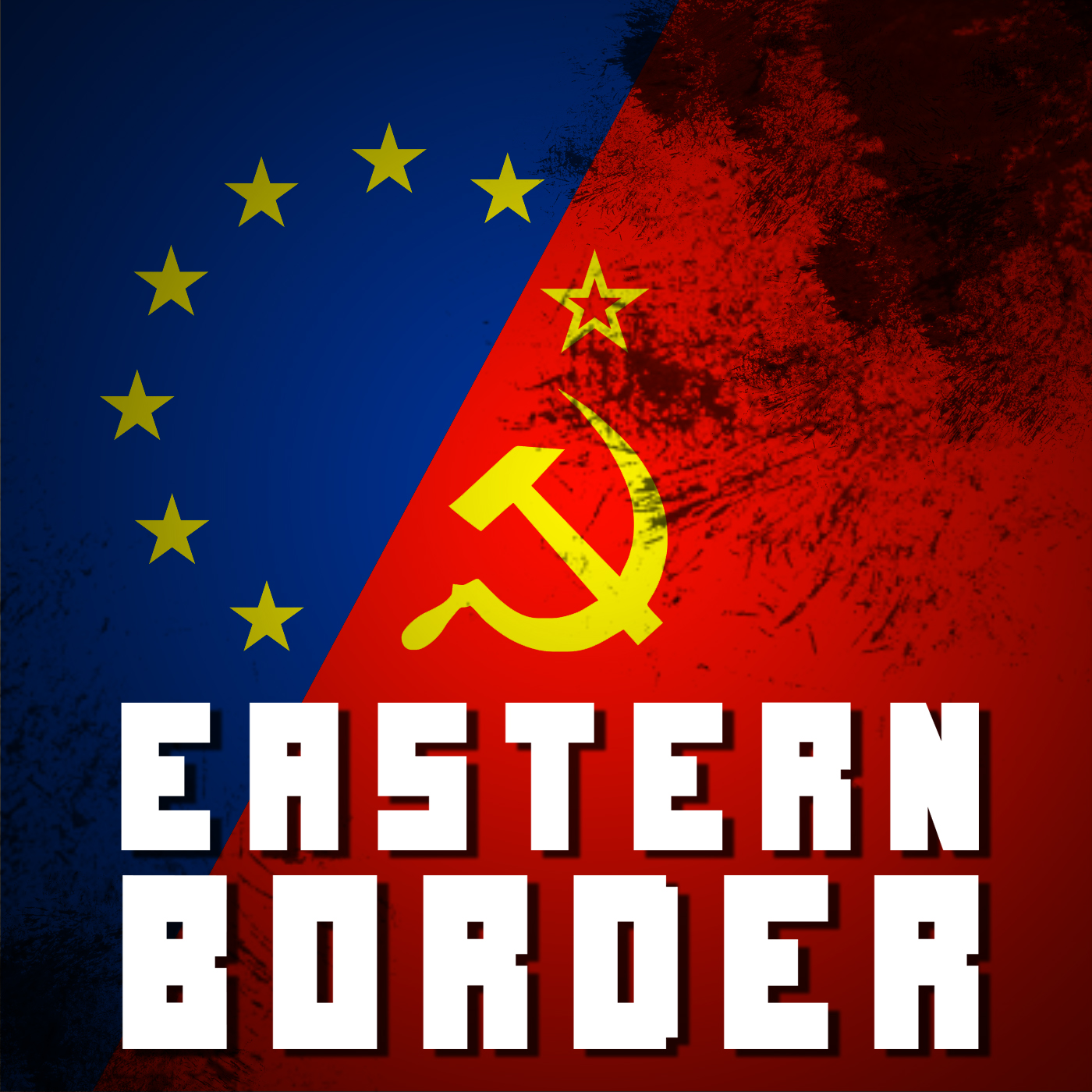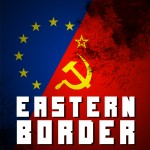
Greetings, Tovarischi! In this episode: The economy of the USSR, craziness of Khruschev and plans for the future episodes. Leave your comments below, and don’t forget to tell everyone you know about this podcast!

/
RSS Feed

